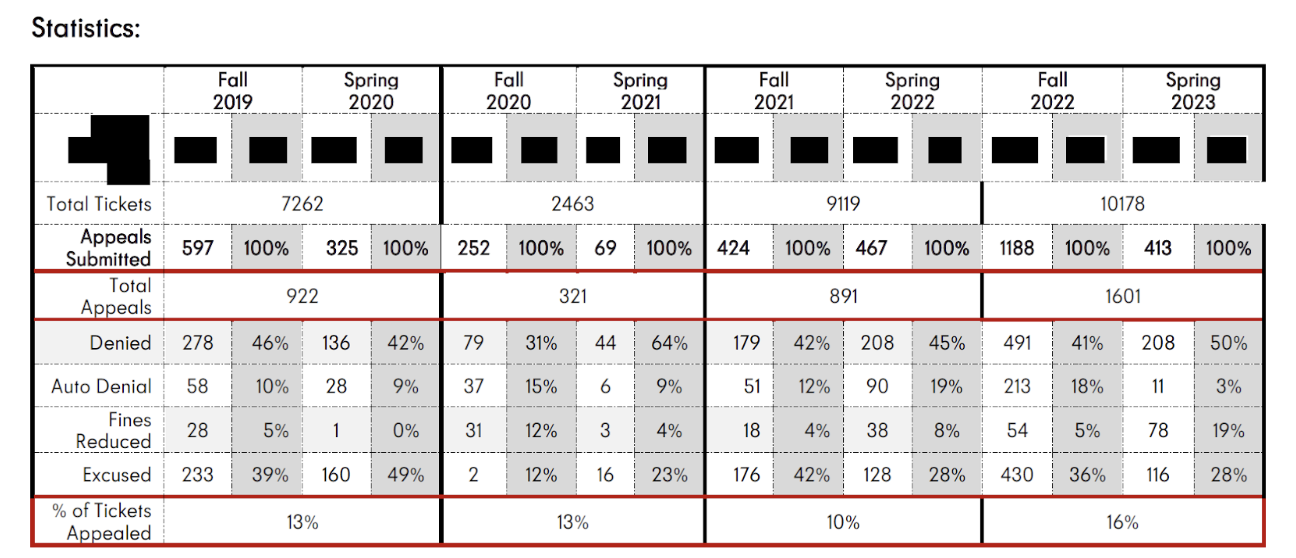By Dr. Eric Johnson
At the end of the semester last spring, I participated in a rally in the DMZ organized by the Black Student Union. The purpose of the rally was not to denounce law enforcement but to make a point that should be obvious to everyone: black lives matter.
I was the only white person in a group of about 50 students who marched around the DMZ pronouncing the names of some of the people who have died at the hands of police under questionable circumstances and at the hands of mobs under unquestionable circumstances.
As we passed by some of the dorm buildings, we heard taunts of “white power”, “white is right” and of course “n****rs”. Perhaps it is a sign of progress that instead of lining the sidewalks and spitting on us like it was still the 1950s, the people who were shouting these slurs were concealing themselves behind the curtains and blinds of their dorm rooms.
As a heterosexual Caucasian male, this was a rare opportunity to experience bigotry from the vantage point of those on the receiving end, even if I was only mixed in with the people these slurs were directed towards, and not the direct target.
Racism certainly isn’t as overt as it was 40 or 50 years ago. After all, we’ve twice elected a black president and some of our most prominent celebrities today are people of color. For many this allows some self-assurance that we’ve moved on from the dark past of Jim Crow and lynching.
But part of white privilege is the sense that we as a nation have overcome our dark past and that since we don’t encounter racism on a day-to-day basis, it must no longer exist. From what I saw and heard last April at KU (and subsequently read in the comments section of the Reading Eagle’s coverage of the event), this is a privilege we haven’t earned.
Perhaps the events we’ve witnessed over the last year will stimulate sustained discussion on the link between poverty and crime, the legacy of generations of segregation and discrimination on people of color today, and the impact of the systematic neglect of schools and social services on social mobility in poor communities. We can always debate the inter-relationship between opportunity, personal responsibility and individual outcomes in our society. However we cannot deny that racism continues to exist, not in some backwards holdout in the Deep South but right here at KU.
*Dr. Eric Johnson is an associate professor of history. He obtained his Ph.D from the University of California.






Leave a Reply